The war on drugs is over. We came second.
What you see now is just a guerrilla rearguard action; we’re shooting an airgun at a tank while taking heavy losses. And the truly galling thing is that right from the start we all knew how this would end. Why? Because history told us. It’s always been this way; make something illegal and it makes a sociopath rich. That’s why drug barons love lawmakers.
I was watching ‘The Untouchables’ the other night. Great movie; love that scene at Grand Central station with the mother wheeling the pram up the marble staircase during the gunfight. But Elliot Ness only won that battle in the movie. In real life the gangsters won.
Nowadays we accept that all Prohibition did was give impetus to the rise of the Mafia in the US and enriched men like Al Capone. The Volstead Act of 1919 did bring about a decline in alcohol consumption, but it was allied with a dramatic and unprecedented rise in organized crime. It was the making of the Mafia, which was in decline until that point.
By the time Prohibition was repealed the damage had been done. The mobsters moved their vast wealth into legitimate enterprises and waited for the lawmakers to provide them with more criminal opportunities elsewhere.
Which they did after Nixon declared his War on Drugs in 1971. The Chinese gangs and the American Mafia made enormous sums through the eighties and nineties from the heroin trade, just as the cocaine barons in Mexico are doing now. I wrote about the growth of this trade in the Opium series.
There’s hot debate in my country right now over a report from a think tank called Australia21 comprising former federal law enforcement officers, health ministers and state premiers. One of the report’s authors is our current foreign minister, Bob Carr.
Their conclusion was: “Like the failure of the prohibition of alcohol in the USA from 1920 to 1933, the current prohibition of illegal drugs is creating more harms than benefits and needs to be reconsidered by the Australian community.”
Our premier, in her wisdom, says she won’t even countenance such a rethink: “Drugs kill people, they rip families apart, they destroy lives and we want to see less harm done by drug usage.’
Well, yes. I am sure we all of us agree with her absolutely 100% - except that prohibition won’t stop any of those things happening. It just makes some bikies and Italian and Lebanese crime bosses in our country richer and more powerful.
But politicians do not lead: they look at polls. They see where everyone is going and then run to stand at the front. That’s not leadership, but it’s why drug barons love our elected politicians so passionately.
Our abhorrence of drugs is understandable - although we don’t seem to be as opposed to legalized drugs like nicotine and alcohol - as is the instinctive urge for a punitive approach. Only our instincts don’t benefit anyone except drug czars, mafia bosses and bikie gangs who say thank you very much people, keep those laws coming.
A former DEA agent, Michael Levine, talked about his undercover work with Colombian cocaine cartels in Tim Lynch’s book, After Prohibition:
“I learned that not only did they not fear our war on drugs, they counted on it to increase the market price and to weed out the smaller, inefficient drug dealers. They found U.S. interdiction efforts laughable. The only U.S. action they feared was an effective demand reduction program. On one undercover tape-recorded conversation, a top cartel chief, Jorge Roman, expressed his gratitude for the drug war, calling it “a sham put on for the American taxpayer” that was actually “good for business”.
How can we say prohibition is succeeding when we cannot even keep our prisons free of drugs? How can we possibly hope to stem the flow when drug traffickers are better funded than law enforcement?
‘If history repeats itself, and the unexpected always happens, how incapable must Man be of learning from experience?’ - George Bernard Shaw.
Or as Mark Twain put it, more succinctly: ‘History may not repeat, but it sure does rhyme.’
This year a cocaine smuggler called Joaquín Guzmán Loera appeared on the Forbes 2012 World Billionaires list for the fourth year running. I don’t know the man personally but I’ll bet if there was another referendum on Prohibition he would be lobbying hard to get it passed.
The global drug trade now makes up .893% of total global commerce. Mexican and Colombian traffickers alone laundered between 20 to 40 billion dollars in 2008. In fact, it is said that the drug barons’ liquidity saved the US from a total banking collapse that year. Perhaps we should thank them.
What should we do? First, we have to stop reinventing the wheel. Forward thinking people look backwards. It’s why history is so important to all of us; it tells us what works and what doesn’t, if we would only pay attention. The past is the perfect antidote to wishful thinking.
History can illuminate many of our contemporary problems if we would only pay attention. But I’ll bet that there’s some guys in Colombia and Mexico hoping that we never do.
Because I want to see you all back here regularly, I am offering a free copy of my novel CORRIGAN’S RUN to anyone who joins my blog today! You can’t buy it … it’s not available anywhere else except here! All you have to do is join up, then write to me at colin underscore falconer underscore author at hotmail dot com. I can send you a copy as a mobi Epub or PDF file.





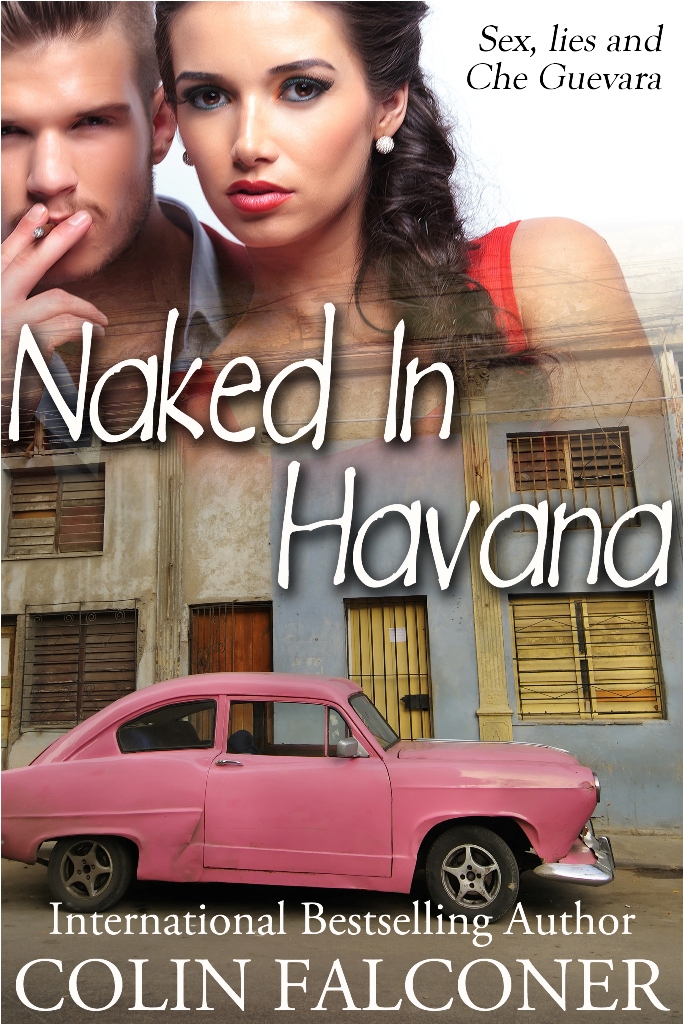
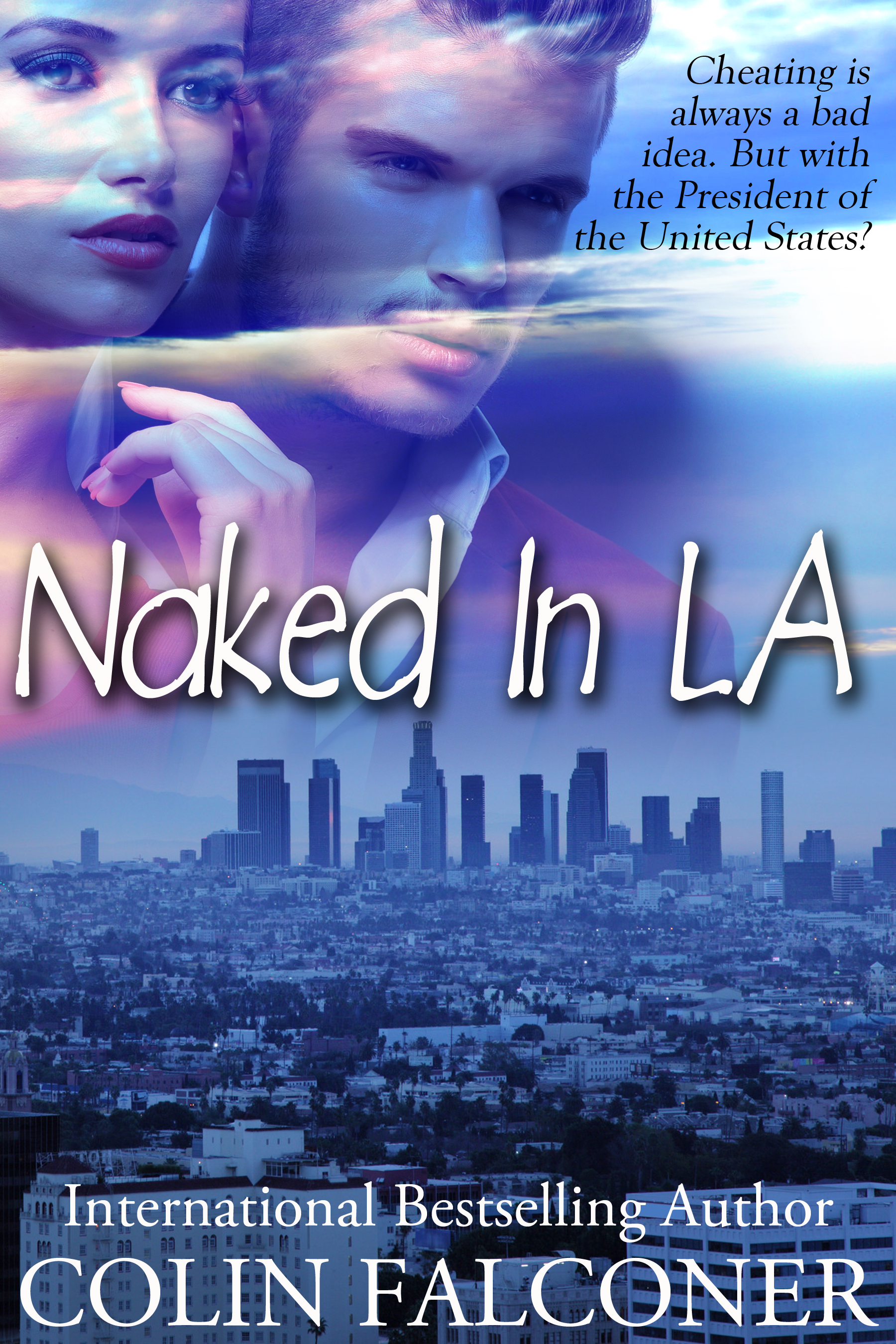
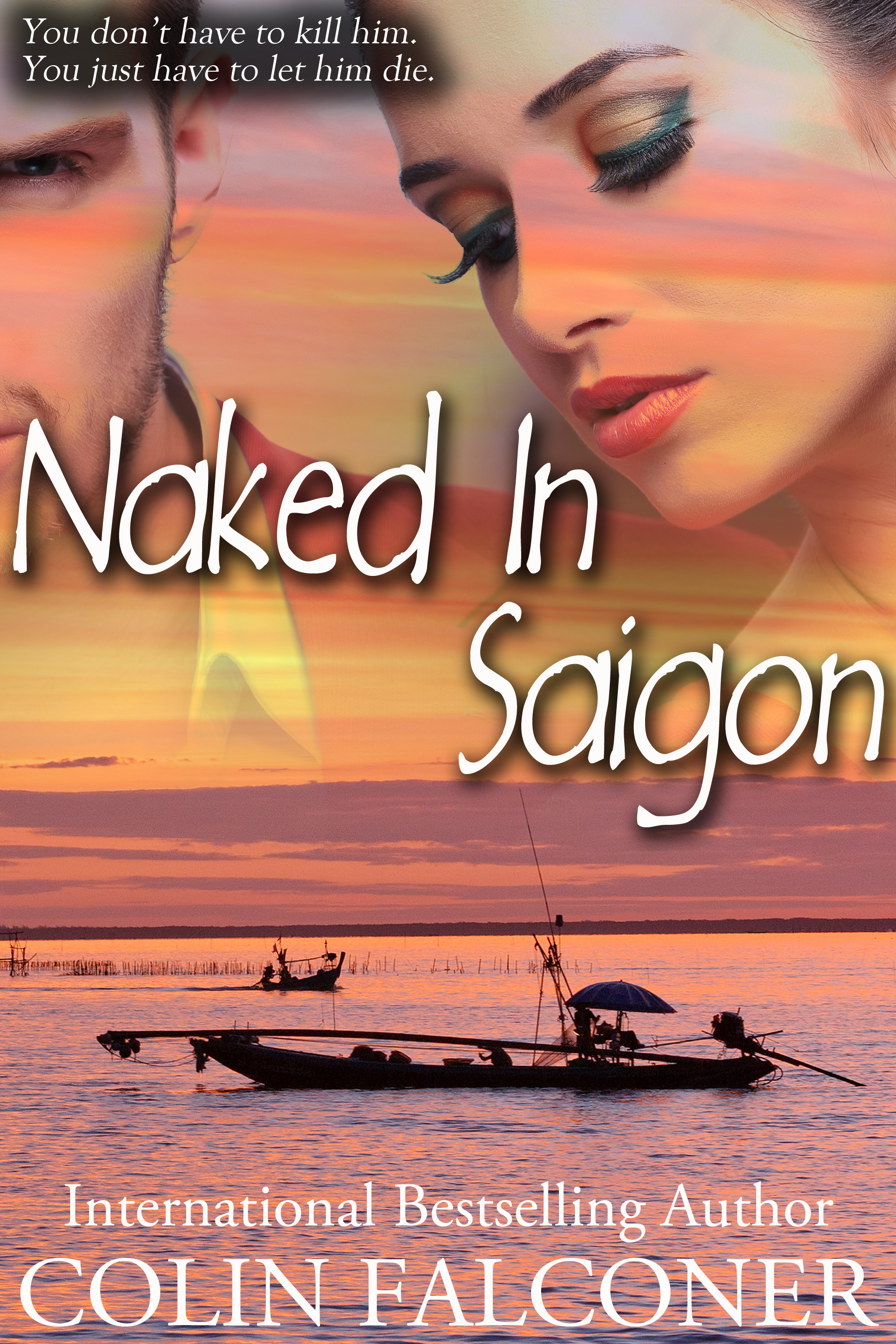
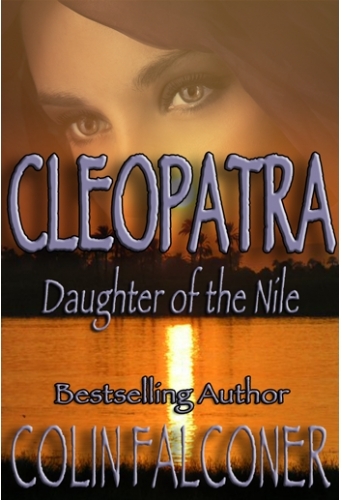



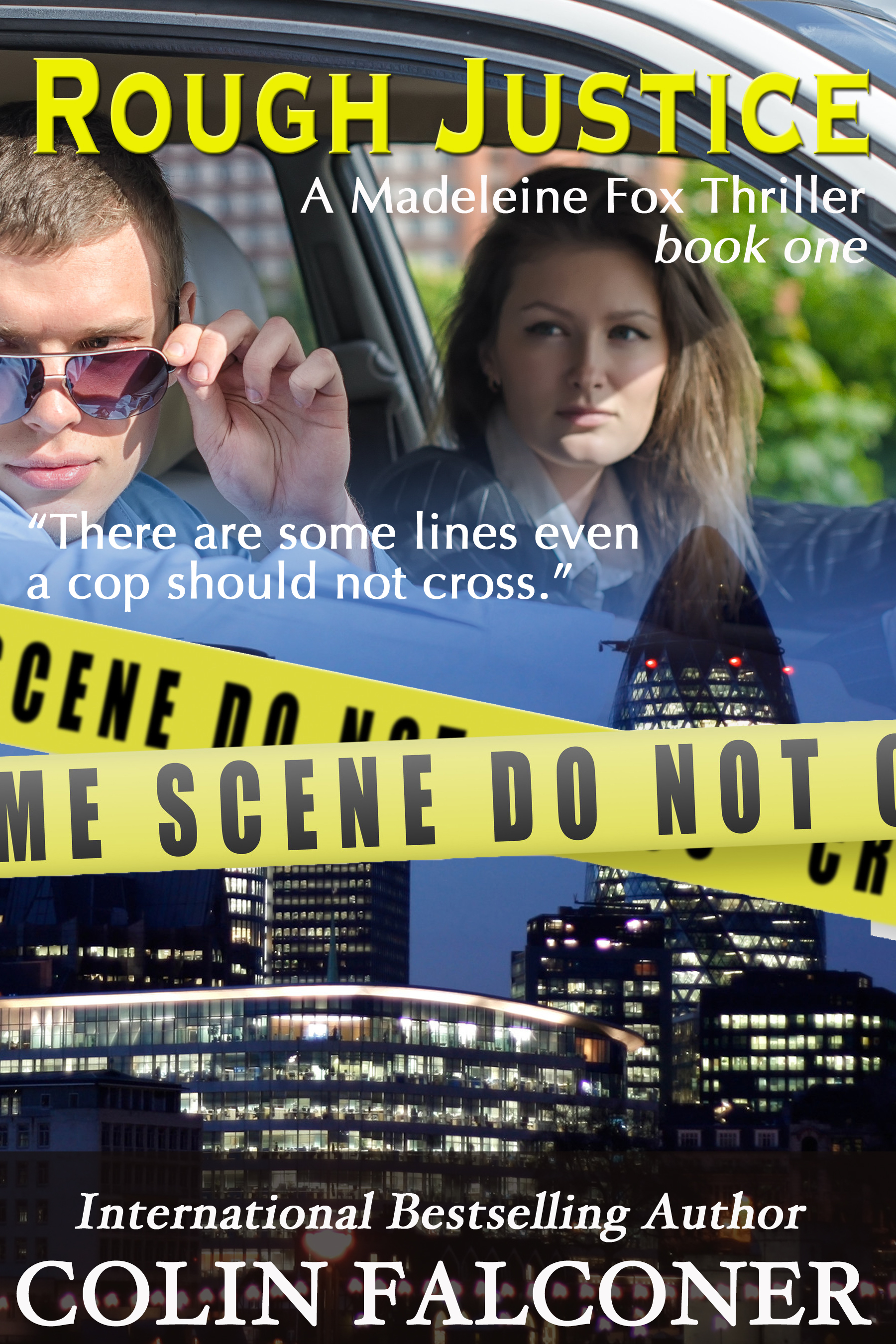
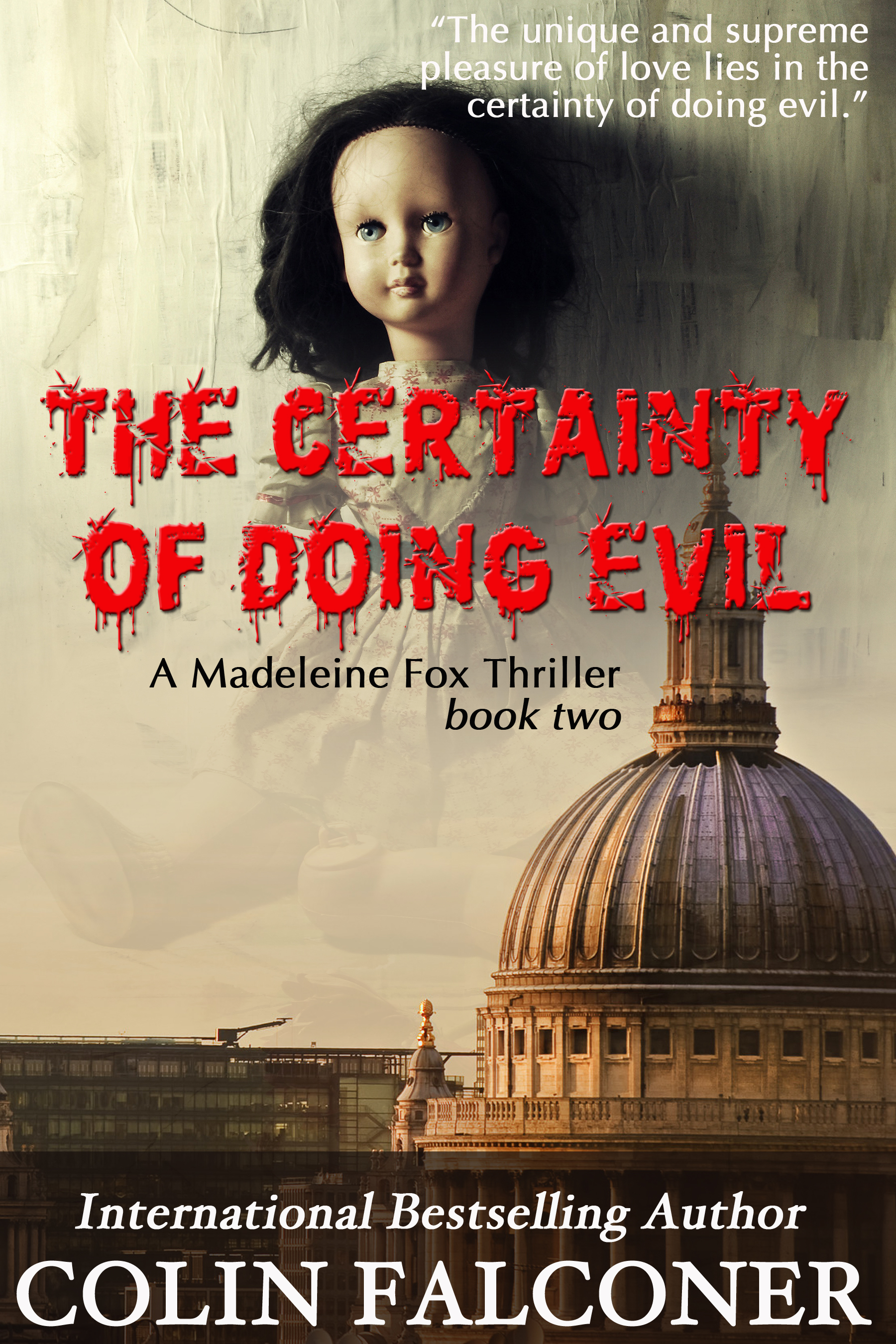
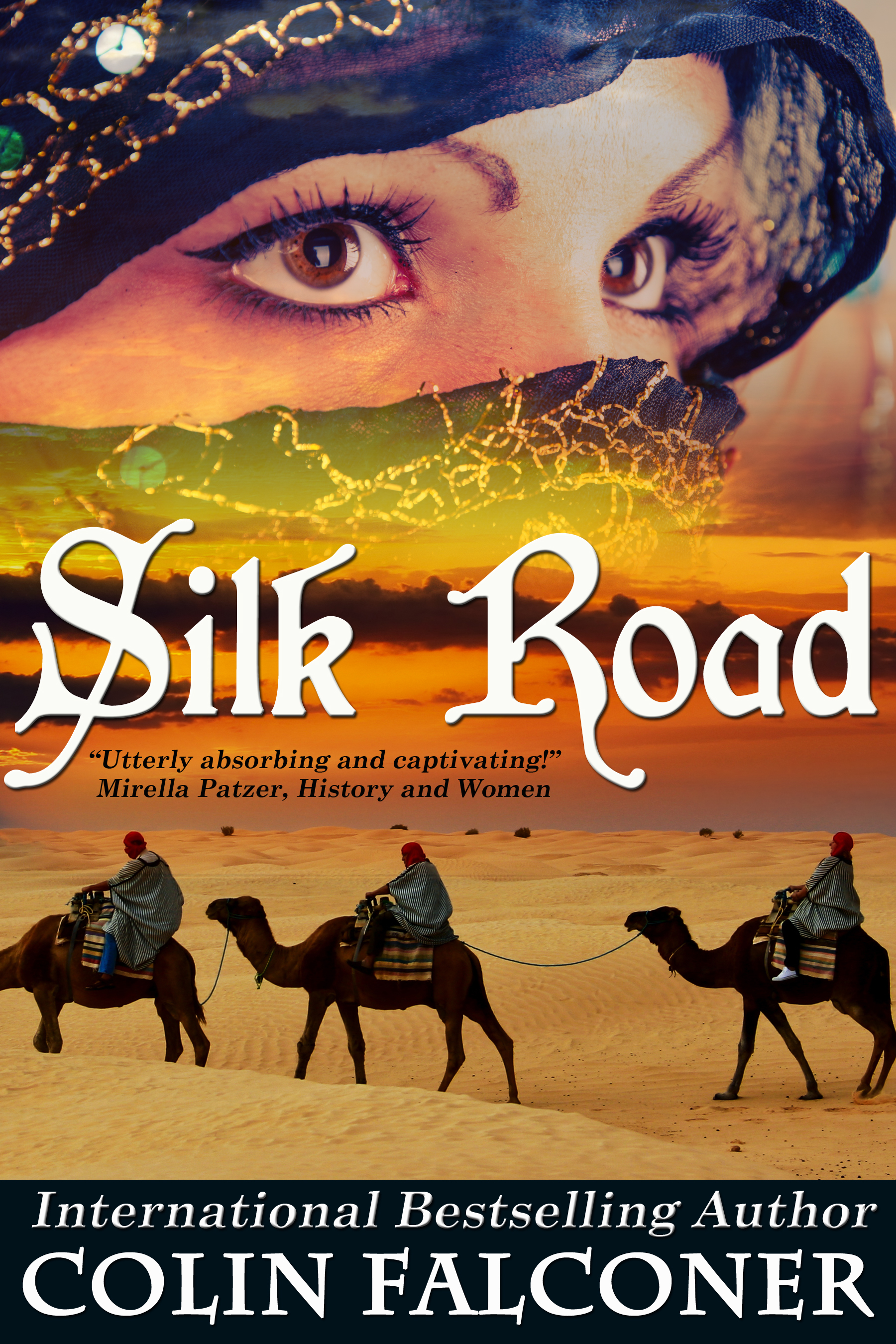






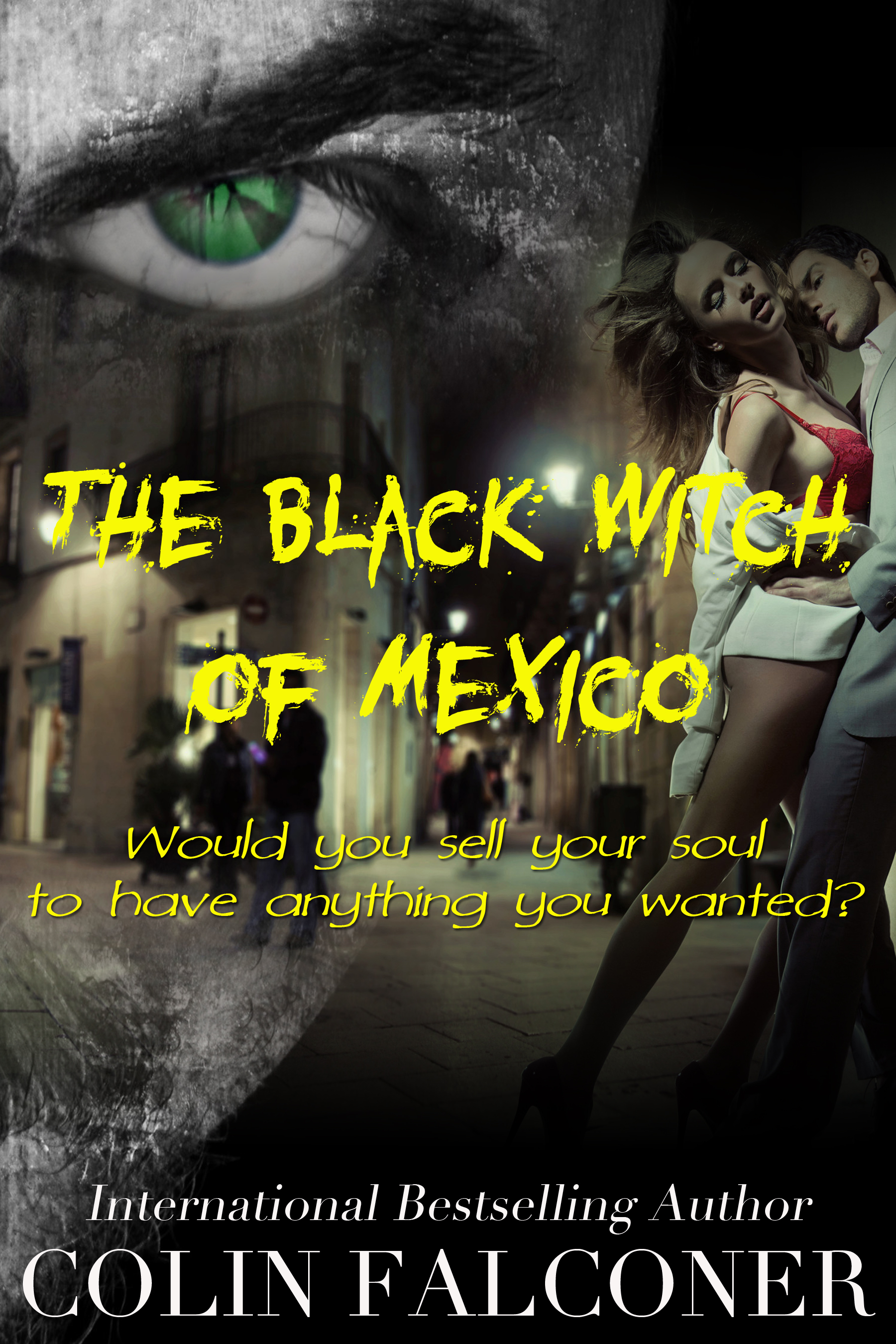

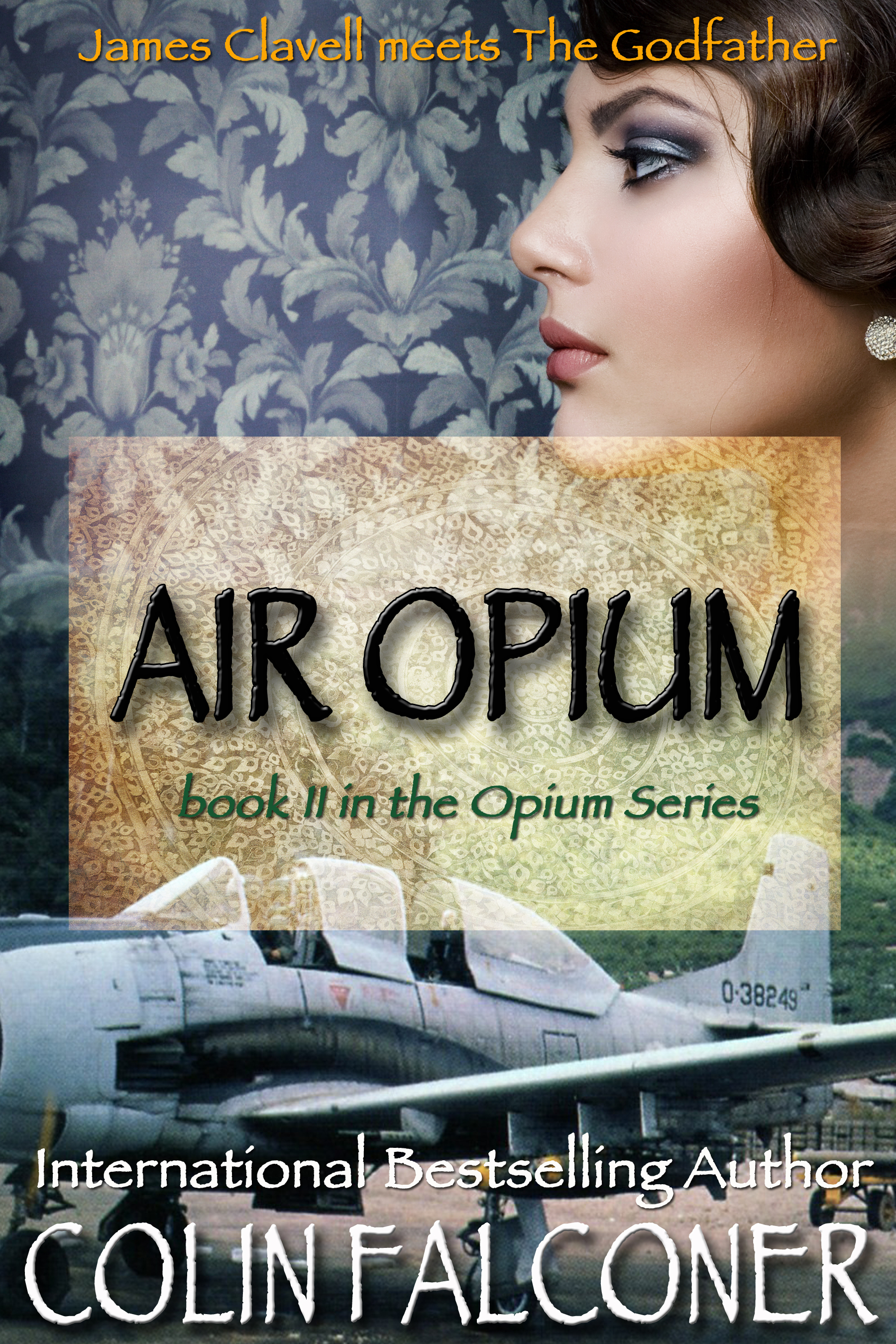
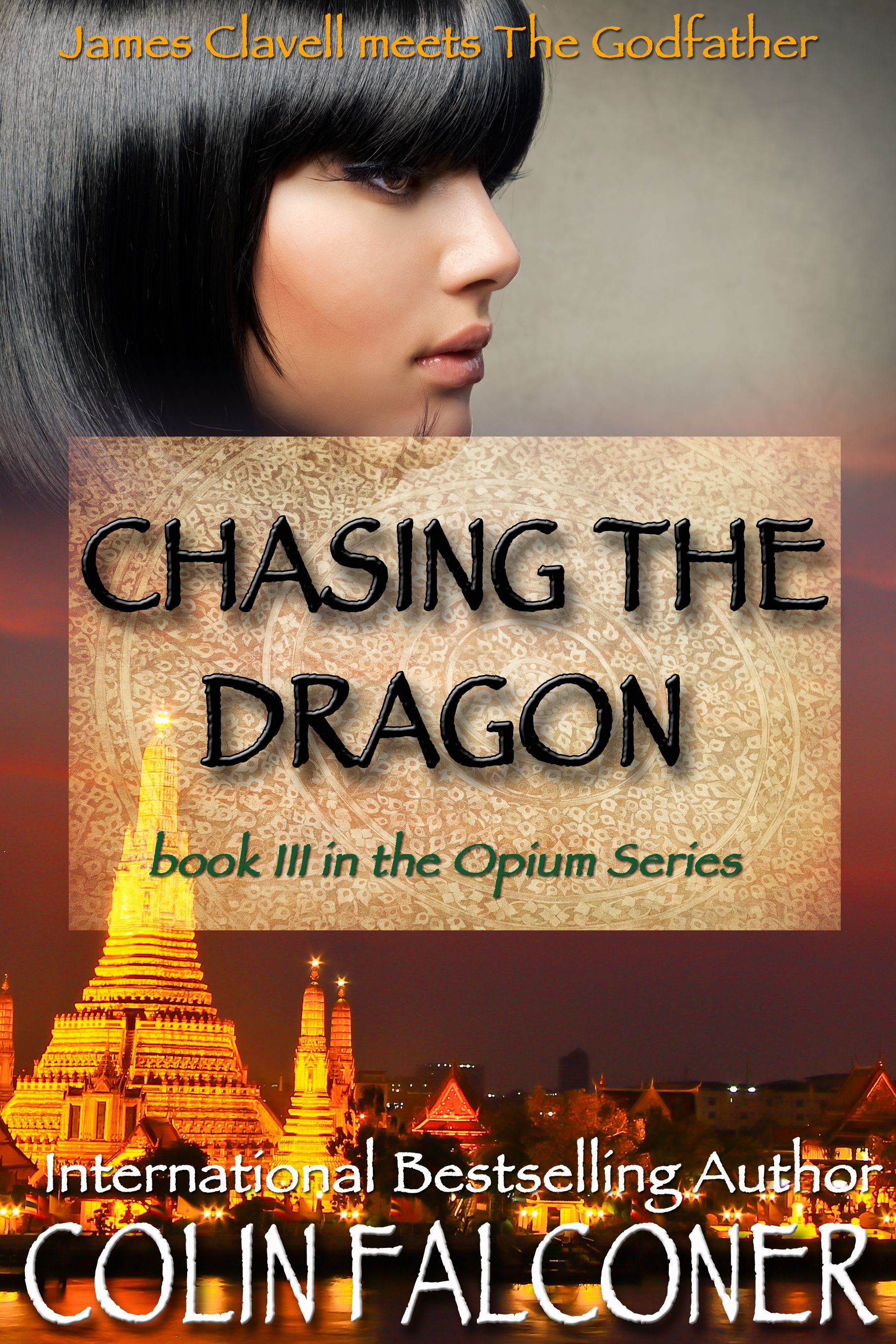
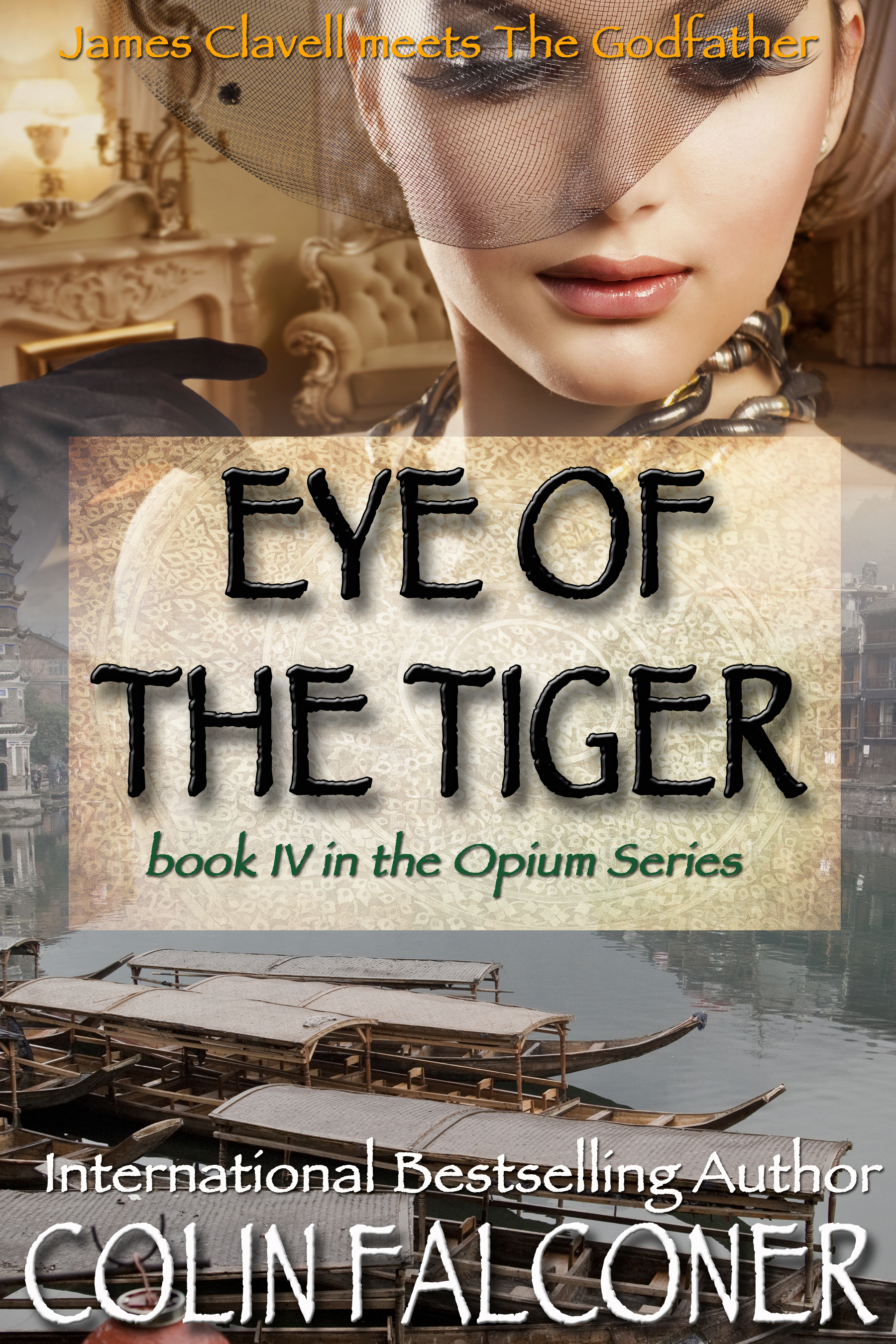
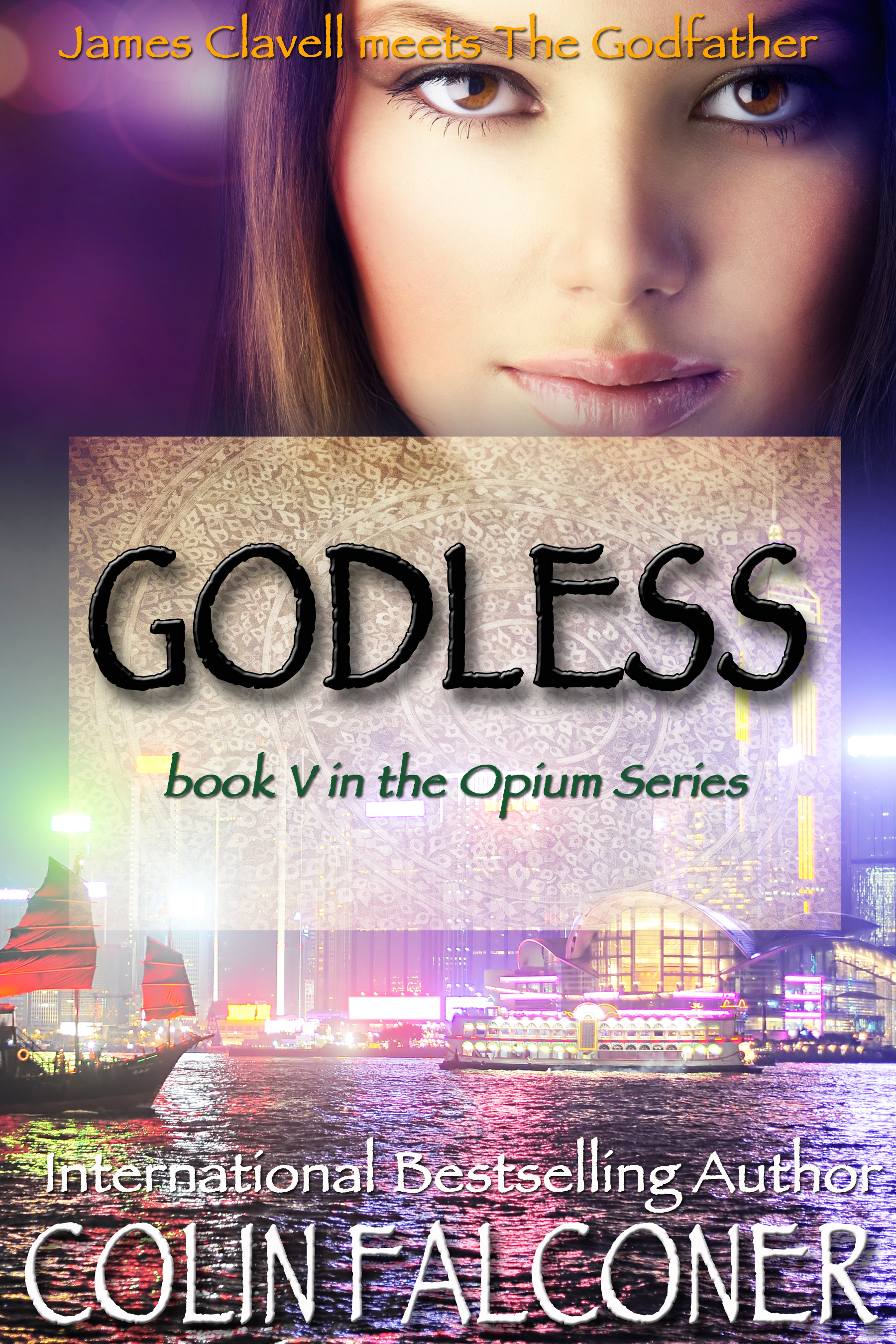
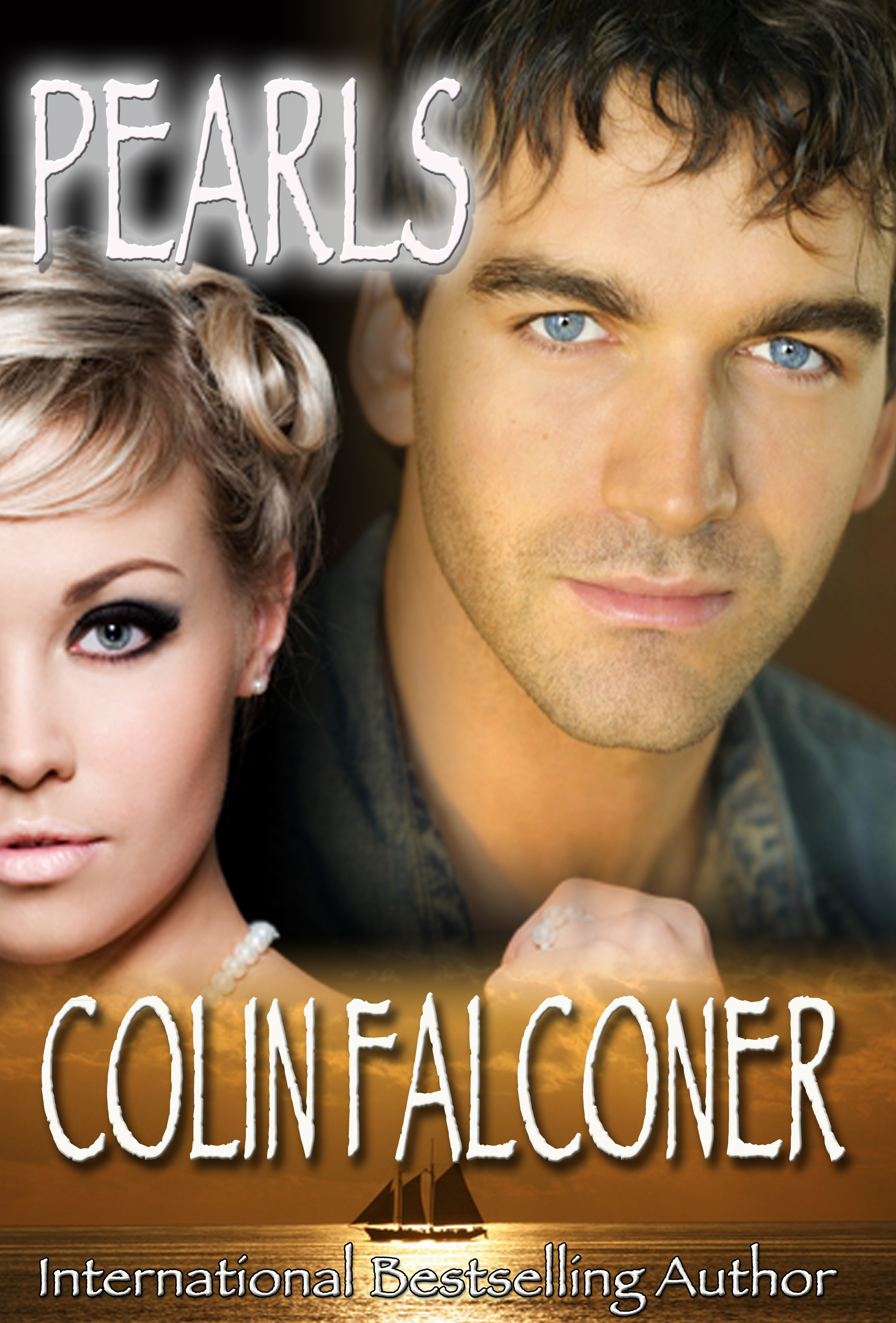

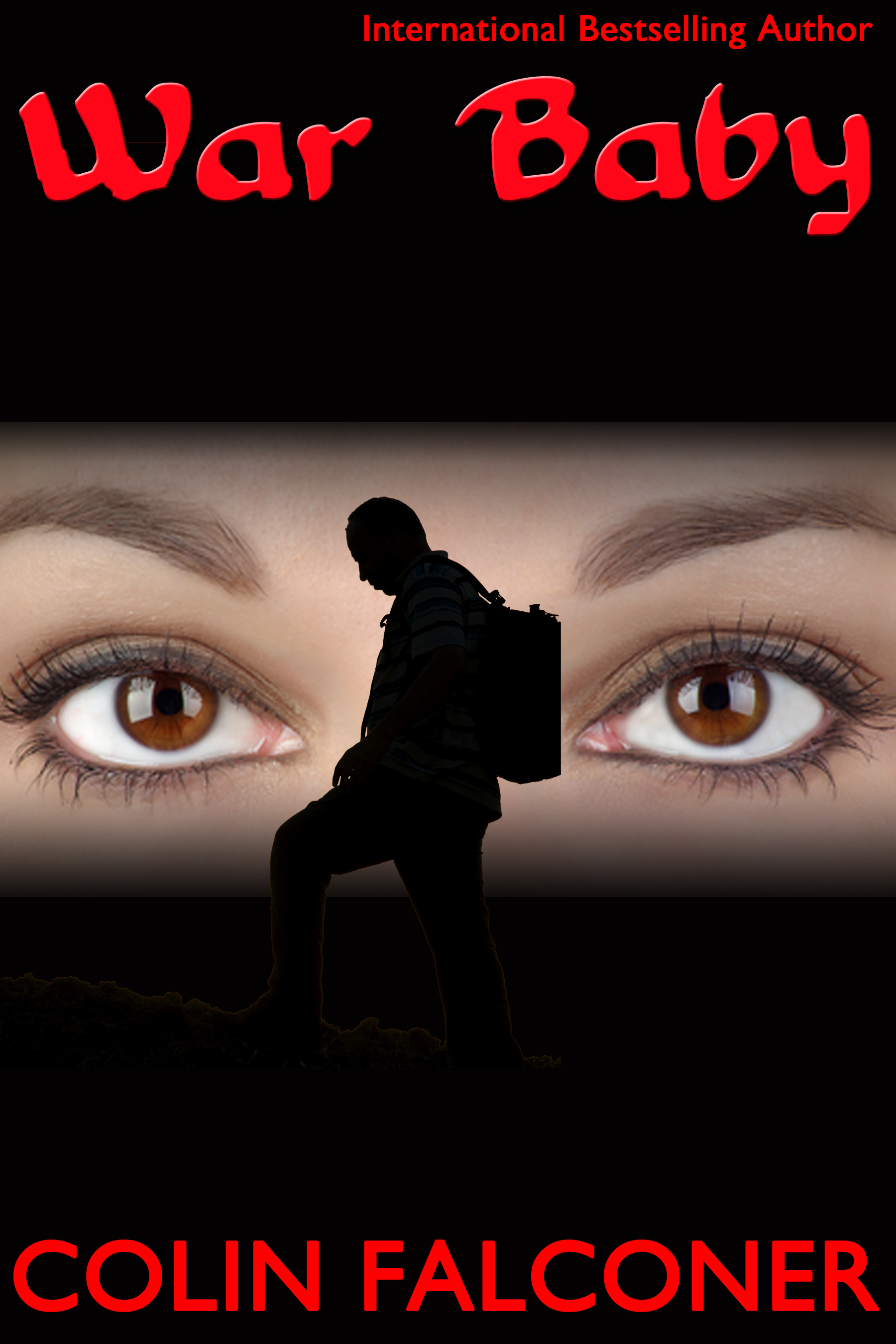

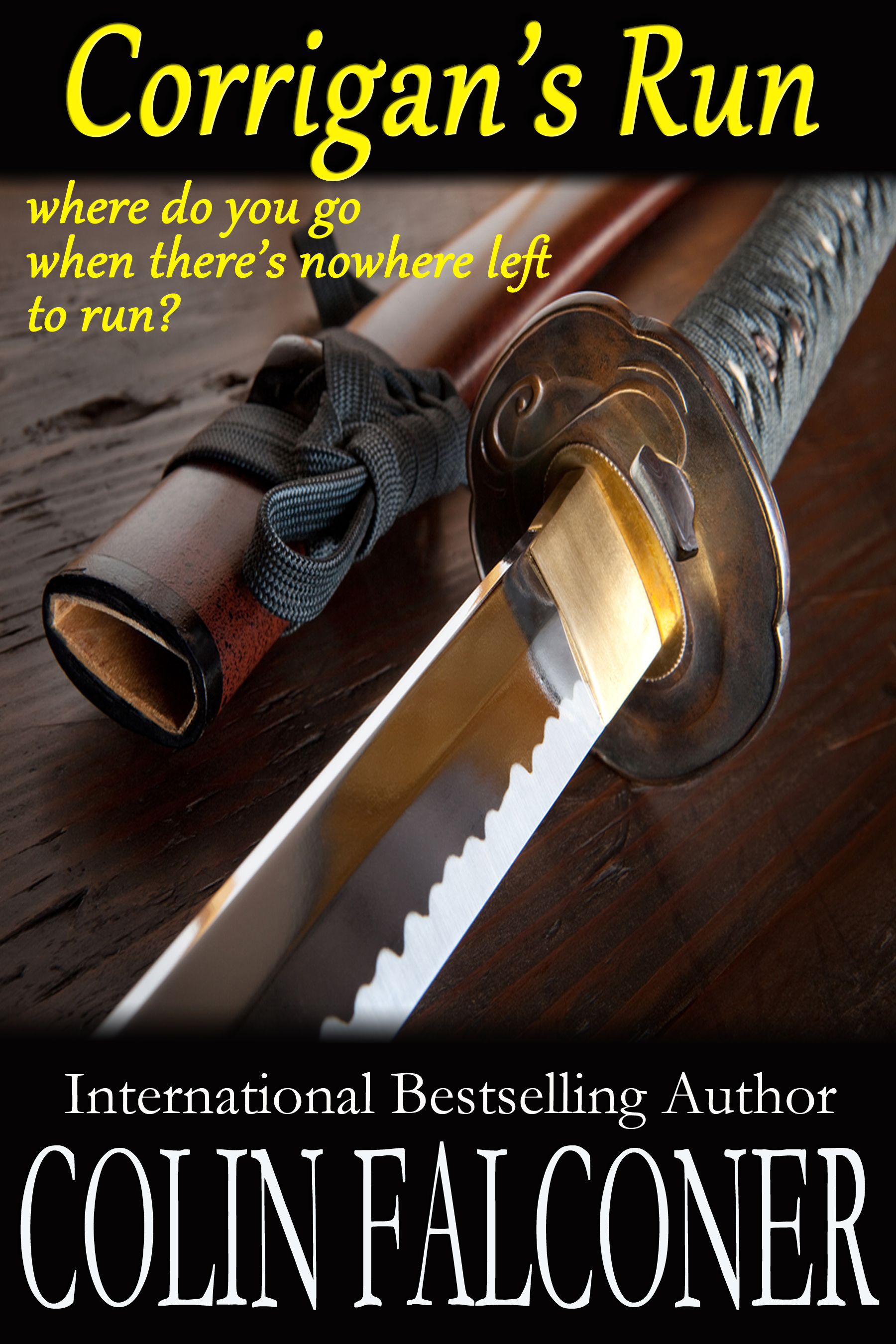
Make something forbidden and it always becomes desired. when will we learn. I’d like to go a bit further and ensure that clean drugs are available. we have a bad bunch of exstasy selling right now in Calgary. kids are dying from that stuff. Drugs,cigarettes, booze and prostitution - we’re never going to eradicate them so we might as well tax the hell out of them.
I couldn’t agree more, Louise. You’re spot on.
I must agree here. Stop wasting money and resources on prohibiting drugs and prostitution. Stop wasting money and court time on this, stop wasting money and resources on imprisoning these folks. Make it all legal. tax it, then spend the money on rehab and assistance programs. Let’s start helping our most vulnerable people instead of trying to punish them for their weaknesses.
Great post, as usual Colin.
Thanks Prudence, and thanks for your comment. I agree with you and Louise totally on this one.
I’m afraid I’m not with you on this one, Colin. I understand the reasoning and agree that prohibition is a black marketeers bonanza… but alcohol prohibition of old, was mainly driven by puritanical religious concerns and now drug prohibitions are backed by science and statistics that can distinguish between the biological effects of different substances (purpose made synthetic chemicals etc) on the human body and brain. It’s a health and ‘wellbeing of society’ concern. The problem needs to be addressed in a different way to legalisation in my opinion.
Well we probably don’t see eye to eye here but the great thing about comment blogs is the debate. And this is certainly one of the thorniest issues facing our society at the moment, in my opinion. I just wish we could all debate it freely. I feel at the moment that governments have their heads in the sand and won’t talk this whole thing through.
Talk about the whole rock and a hard place thing… No matter how I look at it, each side has valid arguments. The biggest problem I see with legalization is what might happen to the people who chose not to do drugs…but only because they didn’t want to break the law. I visualize a whole new crowd getting addicted that otherwise would have left it alone.
It’s a fair concern, but I believe that history does show us the answers to these problems. If we look at the past, the repeal of the Volstead Act did not, in fact, unleash a new wave of drunks. The ramifications of Prohibition probably demanded a much deeper analysis than I could do here in a thousand words. I think the past is very interesting in that way, as it can quite accurately predict what will happen in the future.
That’s a good point. I just wonder if people, and our definition of what is moral, hasn’t changed too much from what it was in 1933. I don’t know what life is like in your corner of the world, but in mine, the ‘me generation’ is still going strong. I’d love to think that the majority of people could use common sense when it comes to drug use, but what I see every day makes me wonder.
Hi Colin, it’s so astonishing to see the double standard. I can only think it is a measure of a society’s maturity…it seems like there’s a fear that legalisation will bring about a society of drug addicts, and in Australia, with our alcohol problem the way it is, maybe that’s a fair enough fear. But a mature country should be able to manage its drug habits - use in moderation. And isn’t that where education comes in?
I do agree with you, Alarna. I worked on an ambulance for fifteen years and the greatest number of fatalities I dealt with were caused by alcohol, by a long, long way. I wouldn’t want to stop people drinking but jeez, I never crawled into a wrecked car without smelling the stuff, never picked up someone after a barfight who was sober. We tend to think that alcohol is not a drug, but it is, so what sense do our laws make?